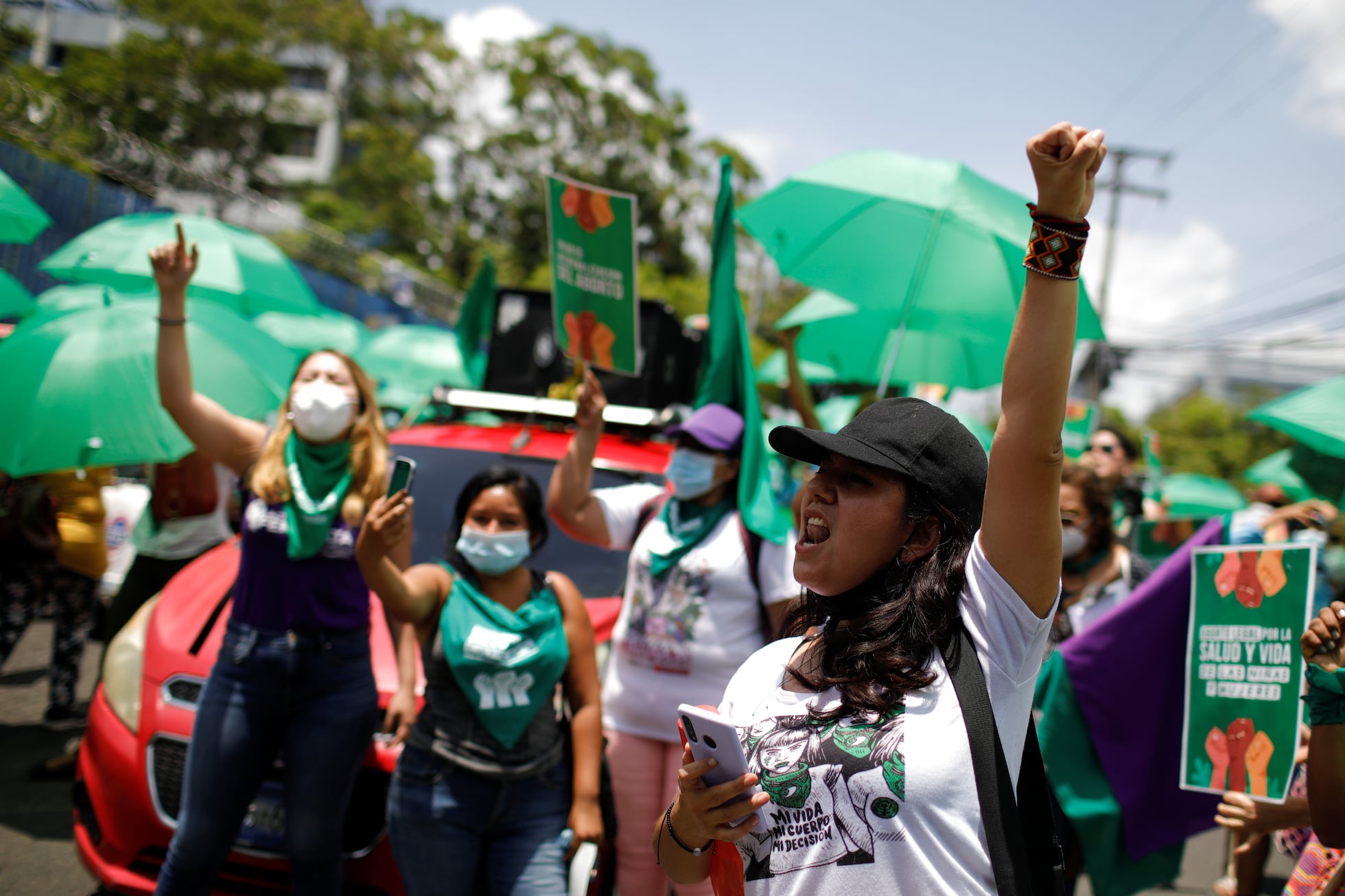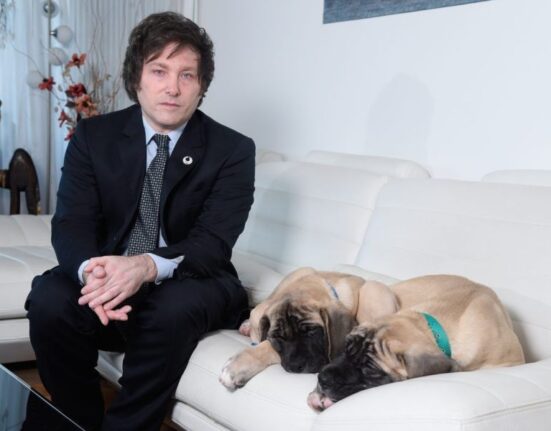The courtroom drama surrounding former Argentine President Cristina Kirchner continues to unfold as the Federal Oral Court 2, led by Judge Jorge Gorini, made a significant decision on Thursday. They ordered the expansion of the socio-environmental report on Cristina Kirchner’s residence. This is the place where her lawyer, Carlos Berardi, requested she serve her house arrest following the Supreme Court’s confirmation of her six-year corruption sentence.
The focus of this expansion is on Kirchner’s apartment located at 1111 San José Street in the Monserrat neighborhood of Buenos Aires. This move came after the Supreme Court upheld her conviction for corruption related to the Vialidad case. The court mandated that the new report should include a detailed description of the surroundings and general neighborhood, along with an analysis of vehicular and pedestrian activity in the area.
The court also called for information about neighboring properties and any other relevant details that could impact evaluating whether house arrest at that location would be appropriate. Additionally, similar inspections were ordered for residences proposed by other individuals as alternatives to traditional incarceration, aiming to ensure a fair assessment process for all involved parties.
Expert legal analysis highlights the complexity of determining suitable conditions for serving a sentence like Kirchner’s. One expert noted,
“Choosing an appropriate location for house arrest involves considering not only security but also logistical aspects to guarantee compliance with legal requirements.”
Kirchner’s defense team advocated strongly for her to serve her sentence at this specific property owned by Los Sauces SA, a company linked to Kirchner’s family and under investigation for money laundering activities. They argued that placing Kirchner in a regular prison would not align with security standards expected for someone in her position as a former Head of State.
In response to concerns around safety and monitoring during house arrest, Kirchner’s lawyer emphasized that she already receives round-the-clock protection from the Argentine Federal Police whenever she leaves her residence. This level of surveillance reinforces their argument against using electronic monitoring devices like ankle bracelets:
“Given our client’s status and existing security measures in place, such technology would be redundant.”
The final decision on whether Cristina Kirchner will be granted house arrest now rests with Prosecutor Luciani, who must weigh all arguments presented during this phase of legal proceedings. The prosecutor will assess if granting house arrest is appropriate and determine any potential conditions attached to such an arrangement.
As tensions rise within legal circles over these developments, it remains uncertain how this intricate legal battle will conclude. With each party presenting compelling arguments rooted in law and precedent, only time will reveal what fate awaits Cristina Kirchner amidst these challenging circumstances.









Leave feedback about this